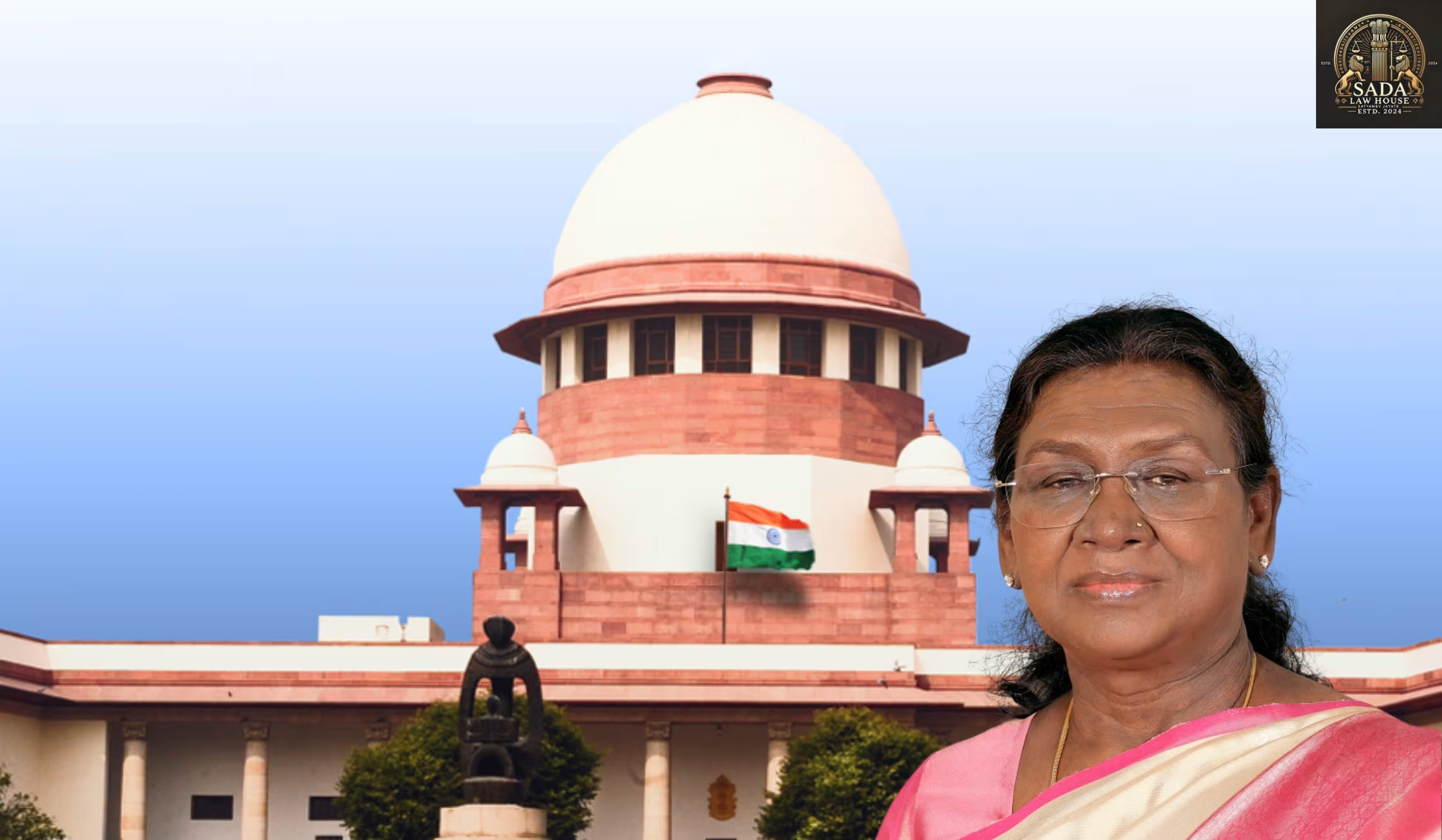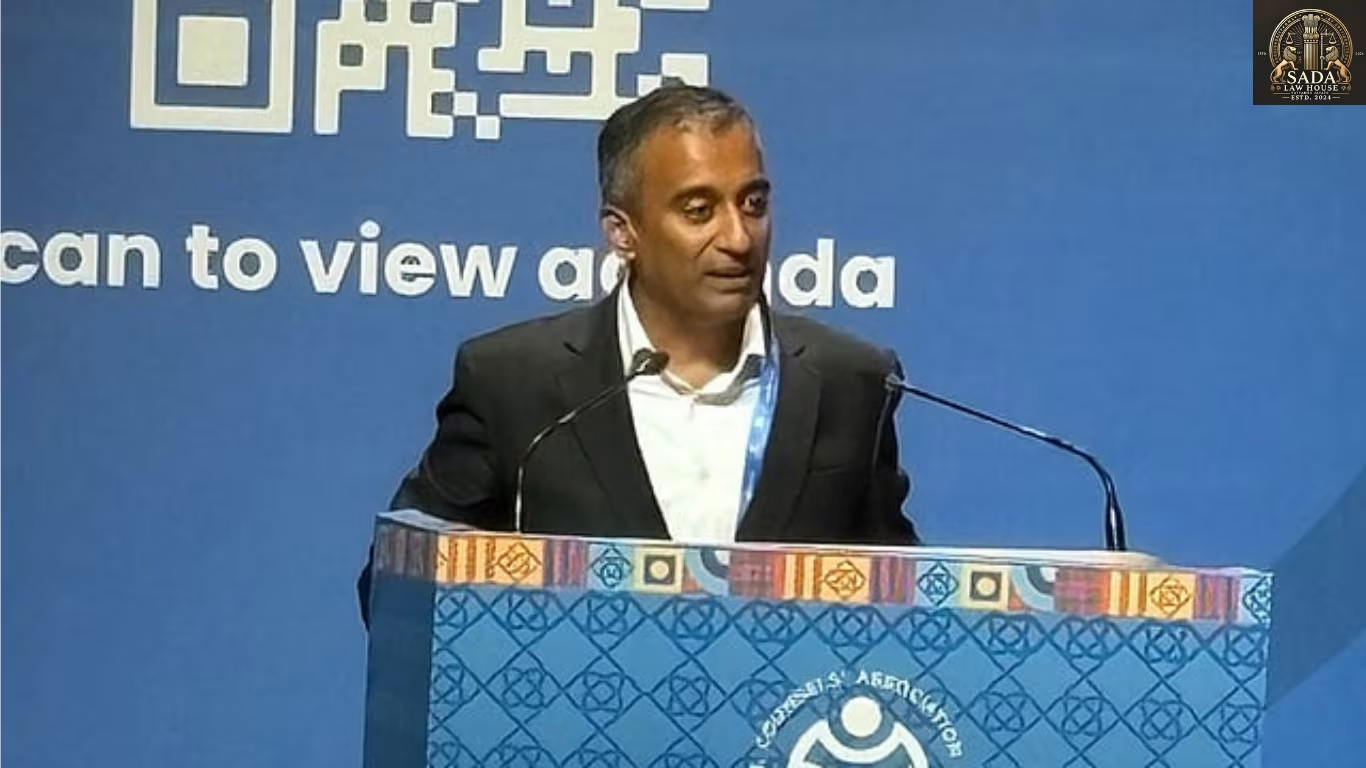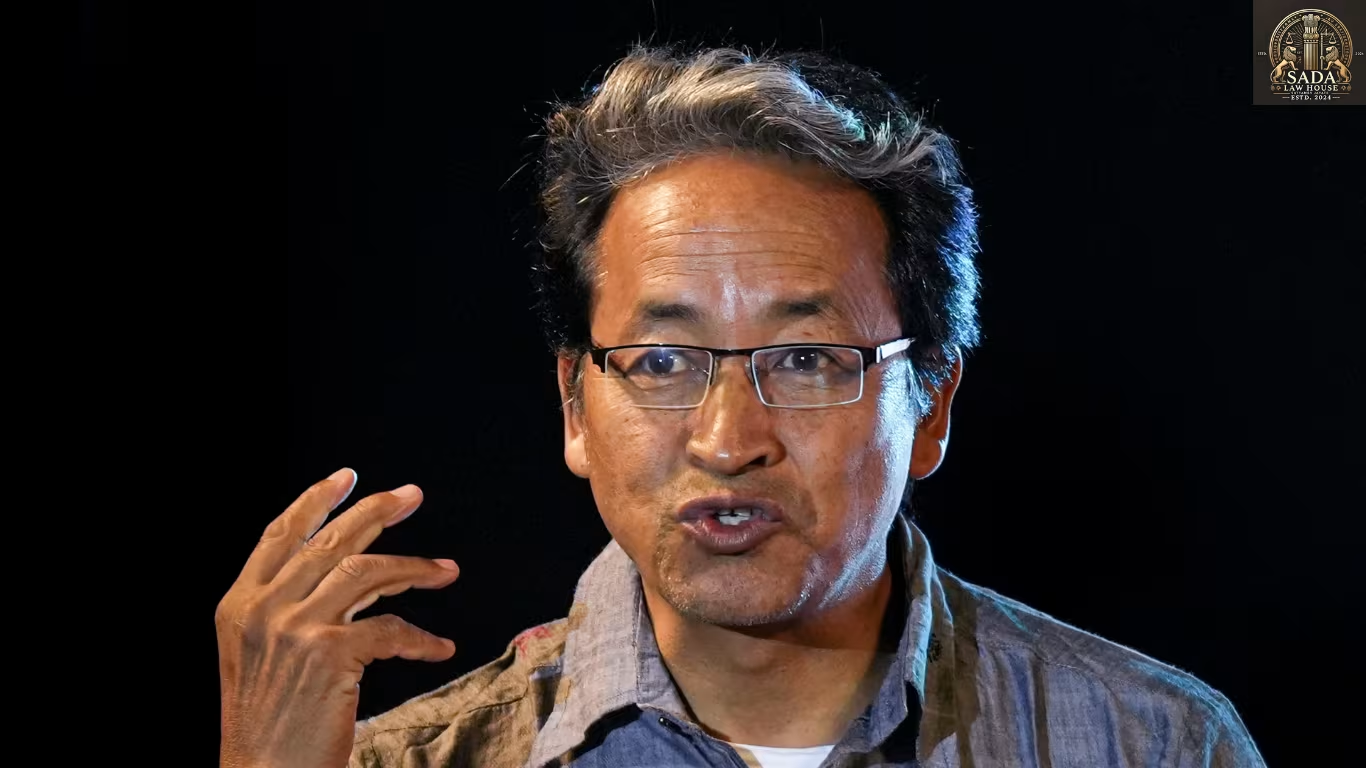Presidential Reference on Deadlines for Governors: Supreme Court Hearing Enters Day 5
- Kashak Agarwala
- 29 AUG 2025

The Supreme Court of India continues hearing the Presidential reference on deadlines for Governors and the President in granting assent to Bills. Key arguments by the Centre, States, and the Bench highlight crucial constitutional questions under Articles 200, 201, and 361.
Introduction
The Supreme Court of India on Thursday continued hearing the Presidential reference concerning the timelines and procedures for Governors of India and the President of India in dealing with Bills passed by State legislatures. The matter was heard by a five-judge Constitution Bench comprising Chief Justice of India (CJI) BR Gavai, and Justices Surya Kant, Vikram Nath, P. S. Narasimha, and Atul S. Chandurak.
The reference was made under Article 143(1) of the Constitution of India by President Droupadi Murmu, following a landmark ruling by the Supreme Court in April 2025 regarding the timelines for gubernatorial assent to Bills.
Background of the Dispute
In April 2025, the Supreme Court ruled that although Article 200 does not prescribe a strict timeline for Governors to act on Bills, indefinite delays are unconstitutional. The Court directed that:
Governors must decide within a reasonable time.
Under Article 201, the President must act within three months.
Reasons must be recorded for any delay.
This ruling arose from a petition filed by the Government of Tamil Nadu, which alleged persistent delays by the Tamil Nadu Governor in granting assent. The Court also clarified that gubernatorial inaction can be judicially reviewed.
Dissenting with this interpretation, President Murmu referred 14 constitutional questions to the Court, questioning whether the judiciary can impose such timelines without disturbing the principle of separation of powers.
Centre’s Position: Judicial Overreach and Constitutional Immunity
Representing the Union government, Solicitor General Tushar Mehta argued that judicial time limits on Governors and the President are inconsistent with the Constitution. His key points included:
Article 32 and Article 226 petitions cannot be maintained against Governors or the President.
Under Article 361, the President and Governors enjoy constitutional immunity.
Forcing them into mandamus proceedings would violate their prerogatives.
Governors may withhold assent in the larger national interest if Bills potentially conflict with constitutional norms or national policies.
Opposition to the Reference: Governors as Titular Heads
Senior Advocate Abhishek Manu Singhvi, appearing for several States, strongly opposed the reference. He argued:
Governors and the President act on the aid and advice of the Council of Ministers, except in limited constitutional exceptions.
Under Article 200, Governors cannot indefinitely delay assent. Their options—grant assent, return the Bill, or reserve it for Presidential consideration—are all subject to ministerial advice.
Historical records of the Constituent Assembly make clear that Governors are not meant to act as “super chief ministers”.
If a Bill is unconstitutional, it is the **courts—not Governors—**that must strike it down.
Bench’s Observations
During the hearings, the Bench made several critical observations:
CJI Gavai questioned whether allowing indefinite gubernatorial delays would defeat the will of the legislature.
He highlighted that the Constitution’s phrase “as soon as possible” indicates prompt action.
Justice Narasimha asked whether Governors had any autonomy when faced with potentially unconstitutional Bills. Singhvi maintained that Governors must still act on advice, with unconstitutional laws left to judicial review.
The Bench acknowledged that courts must not disturb the constitutional balance, yet expressed concern over the dangers of indefinite inaction.
What’s Next?
After detailed arguments, the Constitution Bench adjourned the hearing. The matter will resume on Tuesday, focusing on:
The scope of Articles 200, 201, and 361.
The maintainability of writ petitions against Governors and the President.
The outcome of this case will have far-reaching implications for Centre-State relations, constitutional governance, and the role of Governors in India’s parliamentary democracy.






